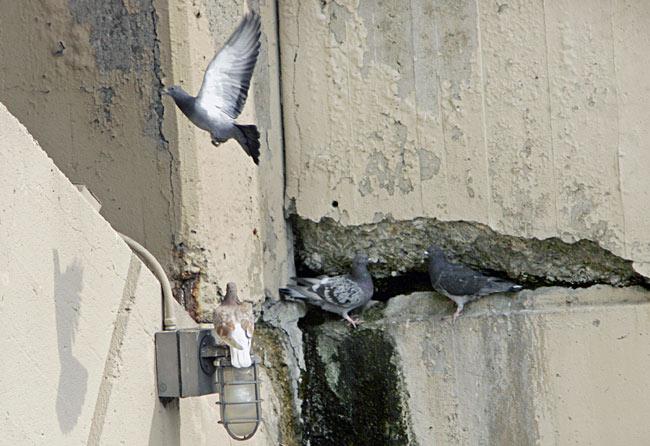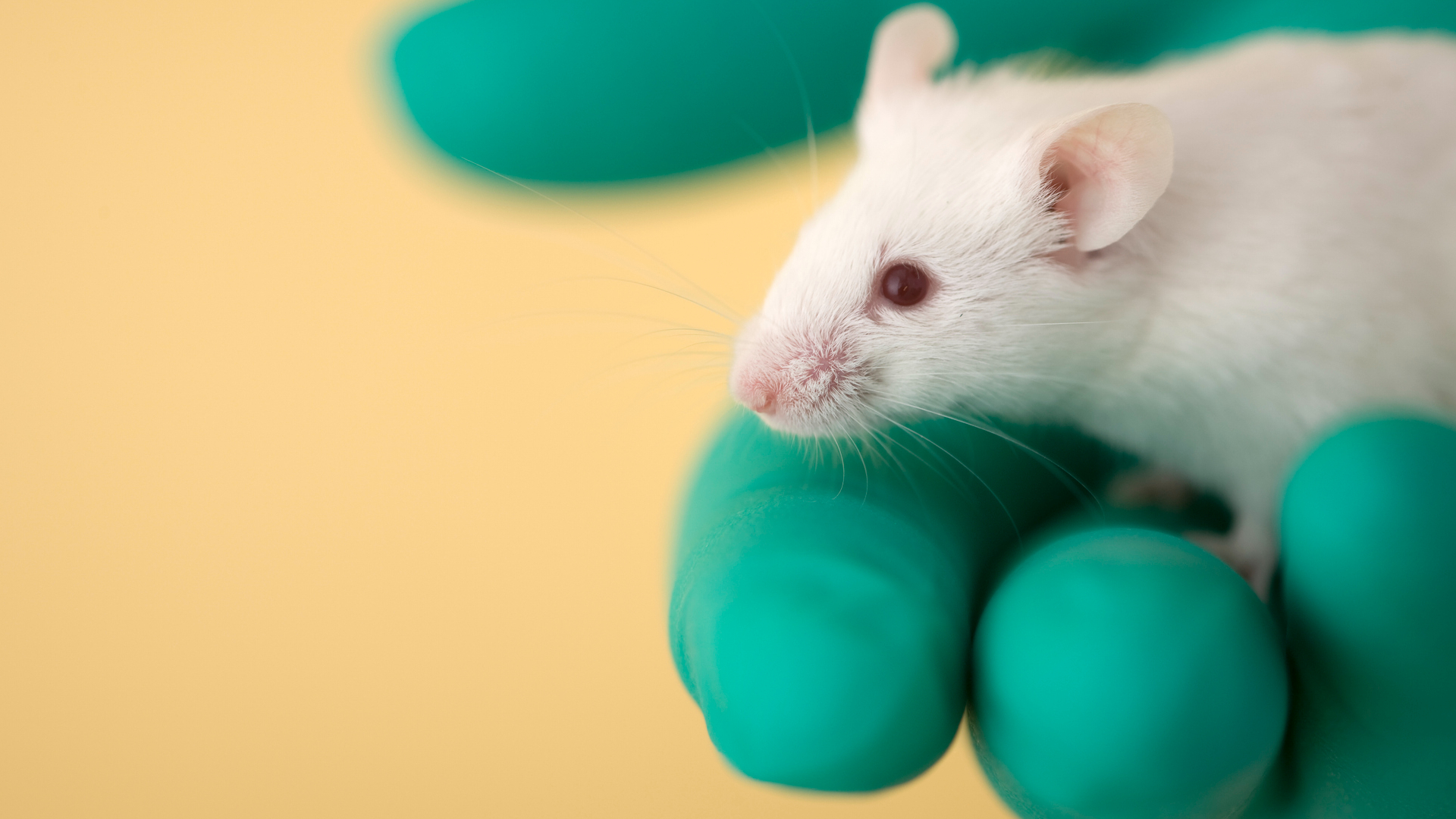Wimbledon Wants to Know: Are Pigeons Pests?

Get the world’s most fascinating discoveries delivered straight to your inbox.
You are now subscribed
Your newsletter sign-up was successful
Want to add more newsletters?

Delivered Daily
Daily Newsletter
Sign up for the latest discoveries, groundbreaking research and fascinating breakthroughs that impact you and the wider world direct to your inbox.

Once a week
Life's Little Mysteries
Feed your curiosity with an exclusive mystery every week, solved with science and delivered direct to your inbox before it's seen anywhere else.

Once a week
How It Works
Sign up to our free science & technology newsletter for your weekly fix of fascinating articles, quick quizzes, amazing images, and more

Delivered daily
Space.com Newsletter
Breaking space news, the latest updates on rocket launches, skywatching events and more!

Once a month
Watch This Space
Sign up to our monthly entertainment newsletter to keep up with all our coverage of the latest sci-fi and space movies, tv shows, games and books.

Once a week
Night Sky This Week
Discover this week's must-see night sky events, moon phases, and stunning astrophotos. Sign up for our skywatching newsletter and explore the universe with us!
Join the club
Get full access to premium articles, exclusive features and a growing list of member rewards.
Spectators at Wimbledon this week could argue that pigeons are nothing but rotten pests. The pesky pigeons were reportedly "dive-bombing" the tennis courts and surrounding areas.
Tournament officials are coming under fire by the animal activist group People for the Ethical Treatment of Animals (PETA), after officials called in marksmen to shoot down the pigeons, whose droppings on restaurant tables were thought to be a health hazard.
According to the Centers for Disease Control and Prevention pest definition, pigeons would surely make the list:
"Any living organism that causes damage or economic loss or transmits or produces disease may be the target pest. Pests can be animals (like insects or mice), unwanted plants (weeds), or microorganisms (like plant diseases and viruses)."
A report by the Colorado State University Cooperative Extension brands pigeons as pests: "The pigeon is now the most common bird pest associated with people."
The Wimbledon pigeons were likely feral rock pigeons, as opposed to the domestic rock pigeons, which are also called homing pigeons.
Feral pigeons have a seemingly expert ability to target just about every piece of human property, from cars and park benches to unwary pedestrians, with droppings. While the splats of poop can deface and speed up deterioration of structures, even worse are the diseases carried in the white substance.
Get the world’s most fascinating discoveries delivered straight to your inbox.
These include:
- Histoplasmosis—caused by the fungus Histoplasma capsulatum, which can be contracted by inhaling fungal spores. The disease primarily affects the lungs and can be fatal if untreated.
- Cryptococcosis—caused by the fungus Cryptococcosis neoformans, which can be contracted when a person inhales the fungal spores. Symptoms include fever, headache, or change in mental status.
- Psittacosis—caused by the bacterium Chlamydia psittaci, which can be contracted by inhaling dried bird secretions. Symptoms include fever, chills, headache, muscle aches, and a dry cough.
(Typically only individuals with already compromised immune systems are susceptible.)
Jeanna Bryner is managing editor of Scientific American. Previously she was editor in chief of Live Science and, prior to that, an editor at Scholastic's Science World magazine. Bryner has an English degree from Salisbury University, a master's degree in biogeochemistry and environmental sciences from the University of Maryland and a graduate science journalism degree from New York University. She has worked as a biologist in Florida, where she monitored wetlands and did field surveys for endangered species, including the gorgeous Florida Scrub Jay. She also received an ocean sciences journalism fellowship from the Woods Hole Oceanographic Institution. She is a firm believer that science is for everyone and that just about everything can be viewed through the lens of science.
 Live Science Plus
Live Science Plus










